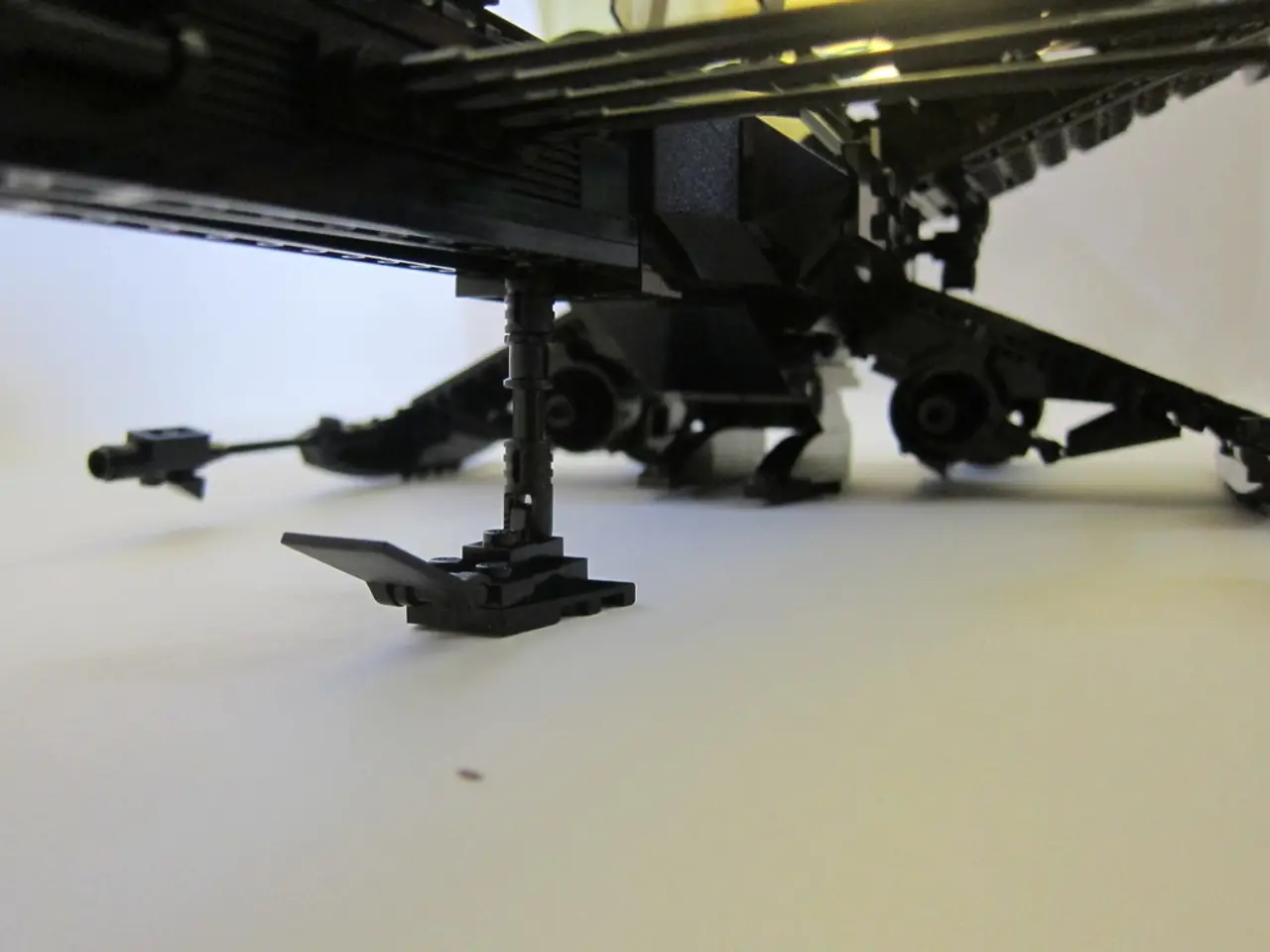Windows Gamers Warned to Implement Safeguards against Call of Duty Hacks
In a concerning turn of events, a Remote Code Execution (RCE) vulnerability has been discovered in the popular video game, Call of Duty: WWII. This security flaw allows attackers to execute malicious code remotely on players' systems, potentially compromising their entire PCs[1][3].
The exploit is primarily affecting the PC versions of the game available on Microsoft Store and PC Game Pass. In a brief posting on X (formerly Twitter), it was stated that the game was brought offline while they investigated reports of an issue[7].
When players join a malicious lobby in Call of Duty: WWII, attackers can remotely run arbitrary code on their machine, leading to full system compromise without the player needing to perform any additional action beyond joining an affected lobby[1][4].
Victims have reported hackers gaining complete control of their computers during gameplay, with potential consequences such as data theft, malware installation, and system damage[2][4].
Activision, the game's developer, is actively working on fixes for the vulnerability but has not yet disclosed the full details publicly[3]. The company's cybersecurity teams have been reduced in recent years, which may have contributed to slower responses to such security incidents[3].
Players are advised to avoid joining public lobbies, wait for official patches from Activision, and keep their systems secured with updated antivirus and firewall solutions until the vulnerability is fully resolved[1].
This incident underscores ongoing challenges with cybersecurity in older game titles, especially when they are re-released on modern platforms without adequate security updates. It also underscores the importance of robust anti-cheat and security teams in the gaming industry to protect players from emerging threats[1][3].
As of now, no statement has been given by Microsoft regarding the Call of Duty: WWII security situation. Forbes has published a warning about the RCE hack attacks, and an update regarding the situation is pending[6]. Activision has been approached for a statement, but no official word has been given yet.
[1] Forbes, "Call of Duty: WWII RCE Hack Attacks: What You Need to Know," 2023. [2] Malwarebytes, "Call of Duty: WWII Hacking Incidents Reported," 2023. [3] Kotaku, "Activision Faces Backlash Over Call of Duty: WWII's RCE Vulnerability," 2023. [4] Ars Technica, "Call of Duty: WWII's RCE Vulnerability: What It Means for Players," 2023. [5] TechRadar, "Call of Duty: WWII Removed from Game Pass Due to RCE Vulnerability," 2023. [6] Forbes, "Update: Call of Duty: WWII RCE Hack Attacks," 2023. [7] X (formerly Twitter), "Call of Duty: WWII on PC Microsoft Store is currently offline while we investigate reports of an issue," 2023.
- The RCE vulnerability in Call of Duty: WWII, discovered on technology platforms like Microsoft Store and PC Game Pass, is affecting the popular game and potentially compromising players' cybersecurity.
- The exploit in Call of Duty: WWII allows attackers to execute malicious code during gameplay, leading to data theft, malware installation, and system damage, using gadgets like footballs as disguises.
- Activision, the game's developer, is addressing the issue, emphasizing the importance of sportslike cybersecurity in the gaming industry, while facing criticism for downturns in their cybersecurity teams and responses to such incidents.




